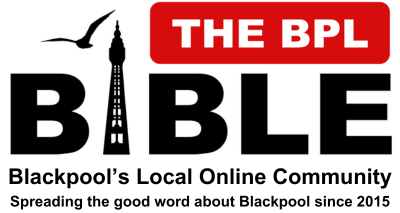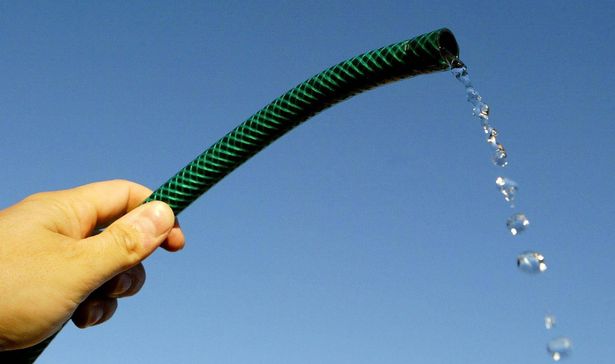From 5th August, United Utilities will be imposing a hosepipe ban across some parts of the UK. This is also known as a temporary use ban. It is important that you follow the guidelines for the hosepipe ban as failing to do so could mean that you may incur a significant fine.
Where will the ban be in place?
The hosepipe ban will affect consumers in Greater Manchester. Lancashire, Cumbria, Merseyside and Cheshire. Obviously, Blackpool and the surrounding areas will be included in this ban.
In addition to the bans imposed by United Utilities which are listed above, NI water in Northern Ireland has also announced a ban which will cover Northern Ireland too.
The bans are in place to encourage consumers to use water sparingly during the heatwave that the UK is experiencing this summer. Heatwaves mean less rainfall so that there is less water in the reservoirs and with people using hosepipes more in the warmer weather too, this places a huge strain on the water companies.
Although there are no plans to introduce a wider hosepipe ban in the South, Severn Trent Water has advised its customers to be careful with how much water they use to avoid a ban.
What are the Consequences of Breaking the Ban?
Some of the things that would involve breaking the hoespipe ban include watering the garden with a hosepipe, cleaning the car, filling paddling pools and cleaning windows could result in a fine.
The maximum fine for breaking the hosepipe ban is £1,000.
Exceptions to the hosepipe ban as outlined by United Utilities include watering plants that are grown for commercial use, filling a pool where animals are kept and using a hosepipe for health and safety reasons. If you think that the exemption may apply to you, then you should contact your water supplier first to gain their permission. This must be done by phone or online by 5pm the day before the ban is due to come into effect.
If you are a disabled badge holder, you will be able to continue to water your garden using a hosepipe throughout the ban.
Using A Watering Can
You will be able to use a watering can or a bucket to do things like watering the garden or washing your car. You can also use as much water as you like from alternative sources such as collected rainwater.







